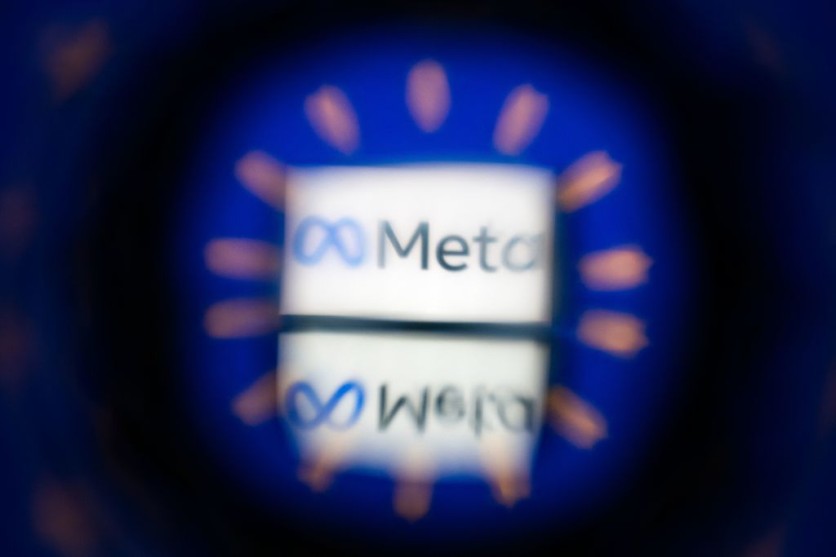The European Union may sanction Meta, the parent company of Facebook and Instagram, for its inefficient efforts to combat Russian misinformation before the June EU elections.
According to a report from The Guardian, the European Commission is concerned about Meta's moderating system's ability to combat fake news and voter fraud. Officials express worry over Russia's use of Meta's platforms to destabilize the European elections, but the procedures are unlikely to implicate the Kremlin directly.
CrowdTangle Shutdown Raises Worries
The European Union executive is concerned about Meta's decision to discontinue CrowdTangle, a public insights tool that EU researchers, journalists, and others use to track misinformation and voting suppression in real-time.
Meta's CrowdTangle closure, set on Aug. 14, has raised apprehensions as the widely used tool is being used to monitor trending topics and discussions on major social media platforms like Instagram and Facebook, according to a CNN report.
The European Commission stressed CrowdTangle's importance in tracking disinformation, uncovering voter interference, and giving real-time transparency to fact-checkers, journalists, and election stakeholders. The Commission cautioned that CrowdTangle's lack of a suitable substitute might harm these places.
Meta said it would cooperate with the European Commission to identify and mitigate platform risks in response to the examination. The social media giant looks forward to updating the Commission on its risk-mitigating initiatives.
A new EU regulation requires digital corporations to control their content, and Facebook and other platforms must adopt measures to reduce the risk of election meddling.
Read Also: Canada Welcomes RIZON Electric MD Trucks Launch, Revolutionizing Medium-Duty Fleet Operations

Meta's representative stated that the company is ready to work with the European Commission and share more information about the dangers of its platform.
After stress-testing key social media sites to assess Russian disinformation protections, the commission may take action against Meta. These stress tests used possible scenarios based on previous election interference efforts and cyber-enabled information manipulation to assess platforms' ability to fight manipulative conduct before elections.
A Complicated Matter
The June 6-9 European parliamentary elections are challenging amid rising EU misinformation. The European Parliament advises voters to be wary of misinformation and threats.
Disinformation, particularly attempts to undermine Ukraine's defense in the confrontation with Russia, shows the widespread problem. The hacking of a Czech news agency website to promote false news and suspicions of Russian influence on MEPs have raised concerns about foreign meddling in EU politics.
Separately, the Facebook parent has taken measures to fight misinformation during India's national elections this year by restricting election-related searches on its AI chatbot platform.
TechTimes previously reported that Meta's AI chatbot has limited election-related phrases during testing to minimize the spread of misinformation and protect consumers' opinions of their chosen politicians.
This initiative shows Meta's dedication to improving its AI response system to combat online disinformation risks, significantly when even one incorrect statement may affect public opinion.
Meta's spokesman said that while the technology is still maturing and "it may not always return the response we intend," the tech giant is committed to refining its models to provide more accurate responses.






